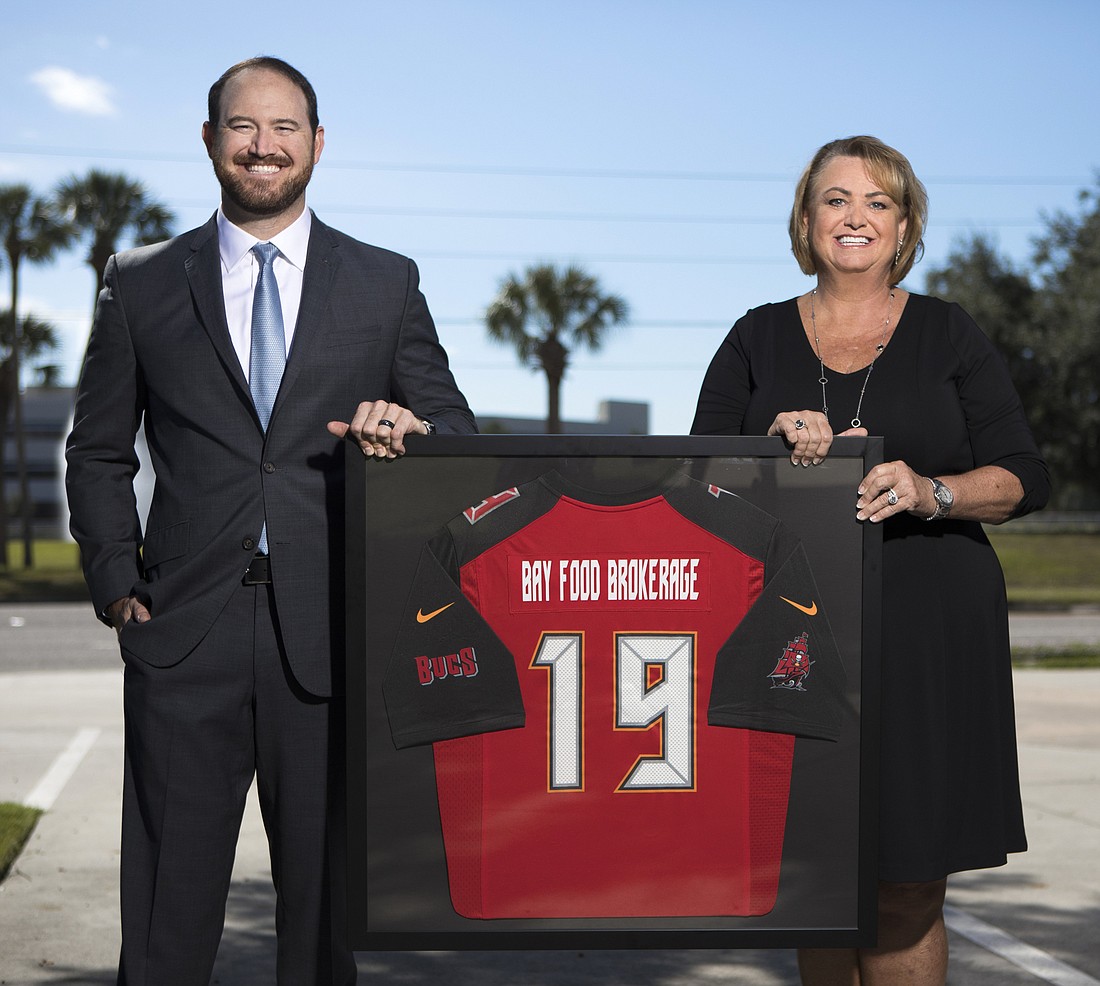- December 16, 2025
-
-
Loading

Loading

As pandemic-driven supply-chain issues plague the economy, little-known “middleman” companies have taken on newfound importance. One such firm, Bay Food Brokerage, is headquartered in Tampa — and though you’ve likely never heard of it before, you’ve benefited from its relationships with grocers such as Winn-Dixie, Publix and Harris Teeter.
Founded in 1993 by Cammie Chatterton, 58, Bay Food Brokerage is now jointly owned and operated by Cammie and her 34-year-old son, Chris Chatterton, who’s in line to become president and CEO in four years, when Cammie retires. Chris, the firm’s vice president of operations, graduated from the prestigious Wharton School at the University of Pennsylvania, interned at Raymond James Financial and seemed destined for a career in finance before joining the family business.